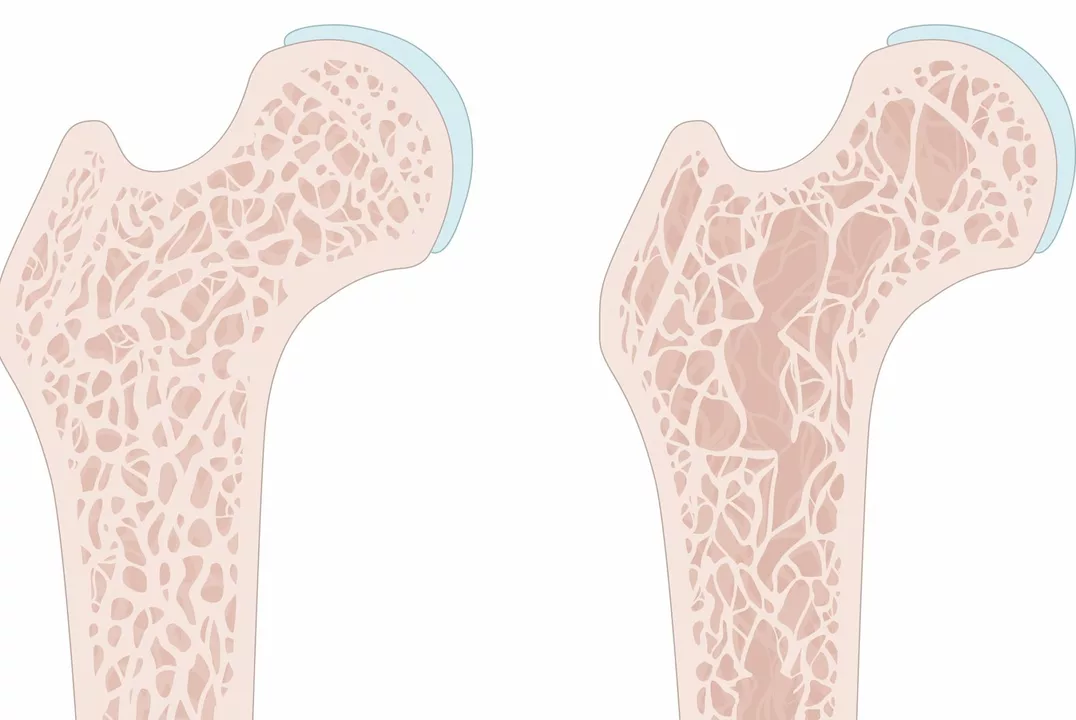Ezetimibe: How It Lowers Cholesterol and What You Should Know
If you’ve heard the name ezetimibe and wondered what it actually does, here’s a quick, useful breakdown. Ezetimibe is a pill that helps lower LDL ("bad") cholesterol by blocking cholesterol absorption in the small intestine. Doctors often add it when diet, exercise, or a single statin dose don’t get LDL where it needs to be.
How ezetimibe works and when it’s used
Ezetimibe targets a protein in your gut that pulls cholesterol into your bloodstream. That’s different from statins, which slow cholesterol production in the liver. Because the actions are different, ezetimibe and a statin can be combined for better LDL drops without always raising the statin dose.
Common situations where doctors prescribe ezetimibe:
- When LDL goals aren’t met on diet and exercise alone.
- When statin side effects limit the dose someone can take.
- Alongside a statin for people with high cardiovascular risk.
Safety, side effects, and practical tips
Most people tolerate ezetimibe well. The common side effects are mild: stomach upset, diarrhea, or muscle aches. Serious problems are rare but can include liver enzyme changes — especially when combined with a statin — so doctors may check blood tests after starting treatment.
Important things to keep in mind:
- Usual adult dose is 10 mg once daily. Take it with or without food at the same time each day.
- If you miss a dose, take it when you remember unless it’s almost time for the next one — don’t double up.
- Tell your doctor about all medicines you take. Some interactions can affect liver tests or muscle soreness risk, especially with certain cholesterol drugs.
- Pregnancy and breastfeeding: discuss with your provider. Cholesterol-lowering therapy is often paused during pregnancy unless clearly needed.
Monitoring usually means a lipid panel 4–12 weeks after starting or changing therapy, then periodically after that. If you feel new muscle pain, dark urine, jaundice, or severe abdominal pain, contact your clinician promptly.
Thinking of buying ezetimibe online? Choose reputable pharmacies, check for a licensed pharmacist contact, compare prices, and avoid sites that don’t require a prescription. Cheap can be risky — counterfeit or substandard pills are real problems. If cost is an issue, ask your doctor or pharmacist about patient assistance programs, coupons, or generic options.
Finally, remember medication works best with lifestyle changes. Keep to a heart-healthy diet, stay active, and follow up with your healthcare team to track progress. Ezetimibe can be a simple, effective tool to reach LDL targets when used the right way.

The Effects of Ezetimibe on Bone Health and Osteoporosis Risk
As a blogger focused on health-related topics, I recently came across some fascinating research on the effects of Ezetimibe on bone health and osteoporosis risk. Ezetimibe is a cholesterol-lowering drug that has been found to have a positive impact on bone health. Studies have shown that this medication can help promote bone formation, reduce bone resorption, and potentially lower the risk of osteoporosis. While more research is needed to confirm these findings, this new information could potentially bring hope to millions of people suffering from osteoporosis. It's always exciting to learn about new developments in the world of medicine, and I look forward to keeping my readers updated on this topic.
Read More